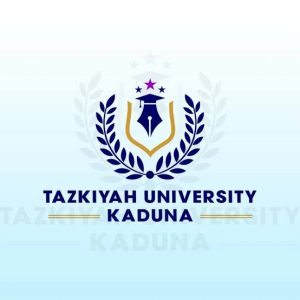
|
Getting your Trinity Audio player ready...
|
The Federal Government has approved Tazkiyah University, the first female-only university in Nigeria, founded by Professor Ibrahim Maqari in Abuja. The university was among nine new private institutions granted approval by the National Universities Commission (NUC).
Located in Zaria, the university is designed exclusively for women and may also operate with an all-female academic staff, making it the first of its kind. Professor Ibrahim explained that profits generated from the institution will be directed into a fund dedicated to supporting orphans.
With plans to relocate its permanent campus to Kaduna city in the future, the institution will begin with three faculties such as Allied Health Sciences, Science and Computing, and Management and Social Sciences.
Programmes on offer include Nursing Science, Medical Laboratory Science, Public Health, Human Nutrition and Dietetics, Computer Science, Cyber Security, Software Engineering, Information Technology, Petroleum Chemistry, Accounting, Economics, and Business Administration.
Professor Ibrahim said the university aims to provide a safe and value-driven environment for female students, eliminating excuses for denying girls higher education.
Clarifying misconceptions, he stressed that the university is not restricted to Muslims. “Every religion, even atheists, is welcome once they abide by the rules and regulations,” he said.
The institution’s motto, “Blending Knowledge with Noble Character,” reflects its commitment to academic excellence rooted in moral values.
Professor Ibrahim Maqari also assured that tuition would be subsidised to remain within reach of the average Nigerian family, while scholarships would be provided for competent but less privileged students.




